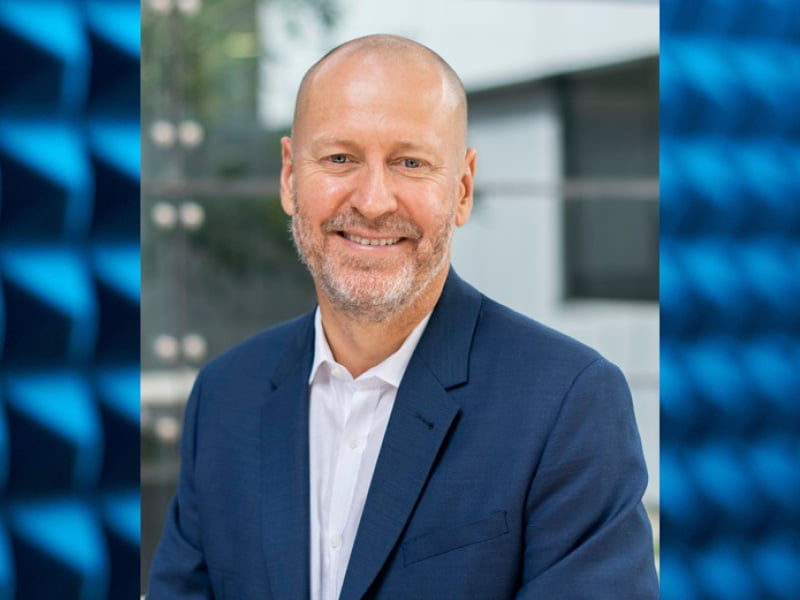Research commercialisation remains a crucial pathway for the CSIRO to deliver for the Australian community, says newly appointed chief executive Doug Hilton, but it is not the only way for the national science agency to make a positive impact.
The focus on research commercialisation, science entrepreneurship and technical collaborations with local startups and SMEs that began under former CEO Larry Marshall will be retained as a critical focus.
But Dr Hilton says that CSIRO research can deliver huge impact to the community outside of strictly commercial returns that were just as important to the agency.
Doug Hilton is a molecular and cellular biologist by training and was most recent Director at the Walter and Eliza Hall Institute for Medical Research and head of the Department of Medical Biology at the University of Melbourne. He started in his new role at the CSIRO in September.
In this episode of the Commercial Disco podcast, Dr Hilton talks about his priorities for the agency, the importance earning and retaining social licence, and the role of science in building trust.
But it is on the issue of research commercialisation that the new CSIRO chief provides perhaps his most interesting insights. The various commercialisation programs that were started under Larry Marshall would continue to be a focus.
Initiatives like the various ON programs – like ON Prime and ON Accelerate – had already had a significant impact on CSIRO culture in encouraging science entrepreneurship within the organisation.
“One of Larry’s enduring legacies will be that CSIRO is a much more entrepreneurial place than perhaps it was before that, before [he arrived],” Dr Hilton told InnovationAus.com.
“Commercialisation is one crucial pathway by which research … can impact the community.
“But there’s lots of different ways that research and science can impact the community. And I think our people, smart enough, passionate enough and hardworking enough to embrace all of those different [pathways to] impact,” he said.
Dr Hilton says in his own career he has embraced commercialisation of research since he was an undergraduate. He has spun-out deep tech companies, and has collaborated closely on commercial research with biotechnology and biopharmaceutical companies.

“So, I love that [commercial] pathway when it is the right one to take,” he says. But in areas like public health, a strict commercialisation program is not always to the best way to deliver positive impact.
“I’ve always seen commercialisation as a means to getting an impact, not necessarily an end in itself. But having said that, we also need to think about the impacts for the economy and … for the entrepreneurial culture of our community,” Dr Hilton said.
“CSIRO can absolutely play a role in supporting SMEs to embrace research, [and in] stimulating entrepreneurship among our scientists and others in the community.”
CSIRO has a role to play in helping to being capital and ideas together, to get them ready for market. And where its appropriate, it can have a direct involvement though its Main Sequence Ventures.
Dr Hilton said his immediate plan is to get around the organisation and get to know the people and the research. His early focus will be to create the right environment to allow CSIRO scientists to excel – and to deliver value for money in return for the public’s investment in science.
“We are spending a lot of public money, which is fantastic. The Australian people have an enormous amount of trust in CSIRO. And I’m interested [right now] in how we can deliver optimally on that trust,” Dr Hilton said.
“It’s not easy doing wonderful science, you know. If it was easy, there would be little left to discover. I want to create environments that allow people to flourish, both professionally and personally,” he said.
“I’m interested in how we ensure we have the right resources, whether they’re buildings that are fit for purpose, or the equipment that we need, or the funding that we need to help navigate the difficult challenges that confront us as a nation.”
Do you know more? Contact James Riley via Email.

